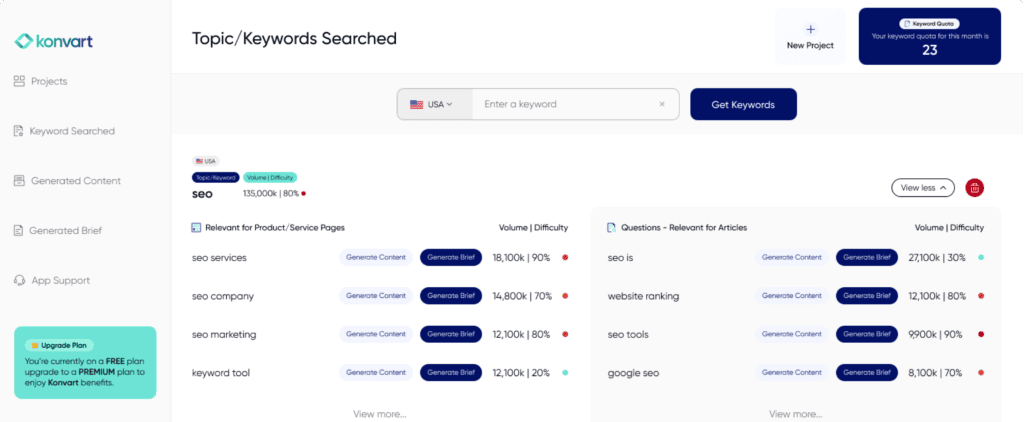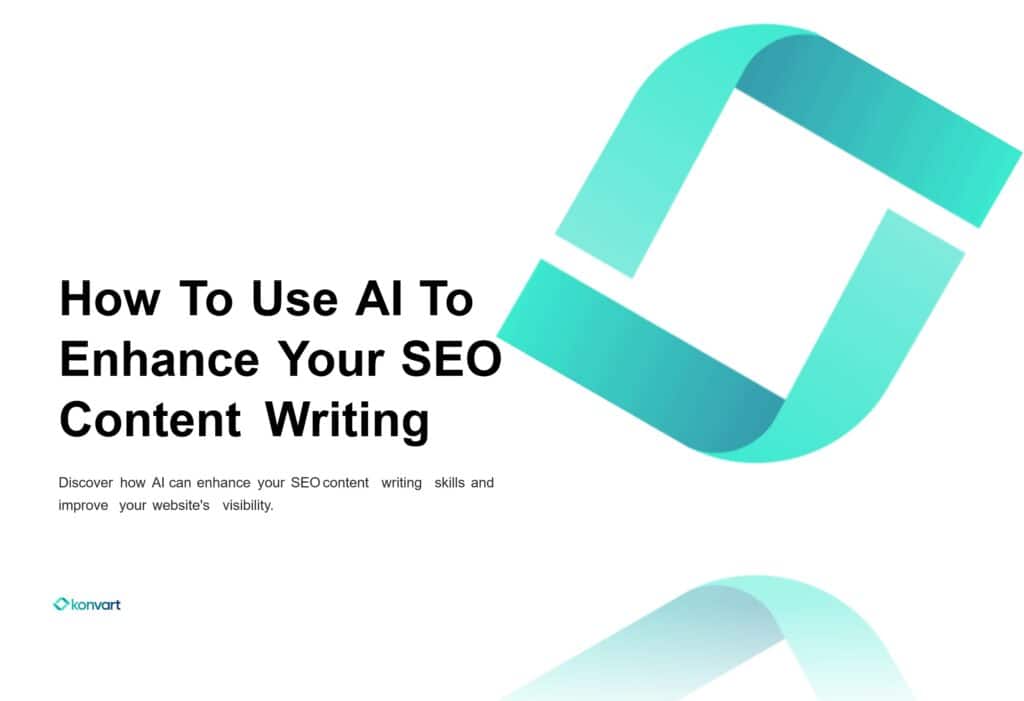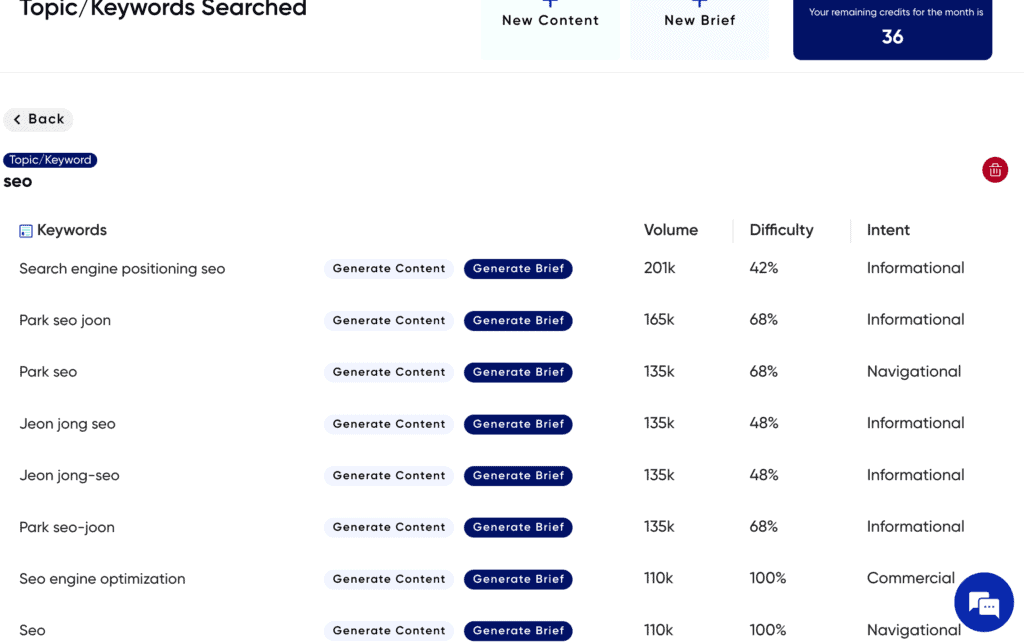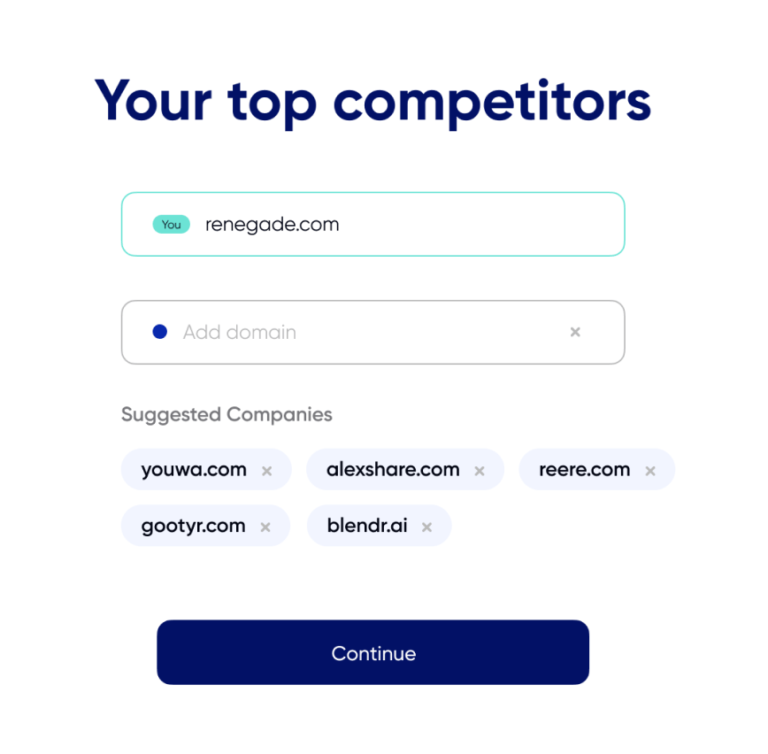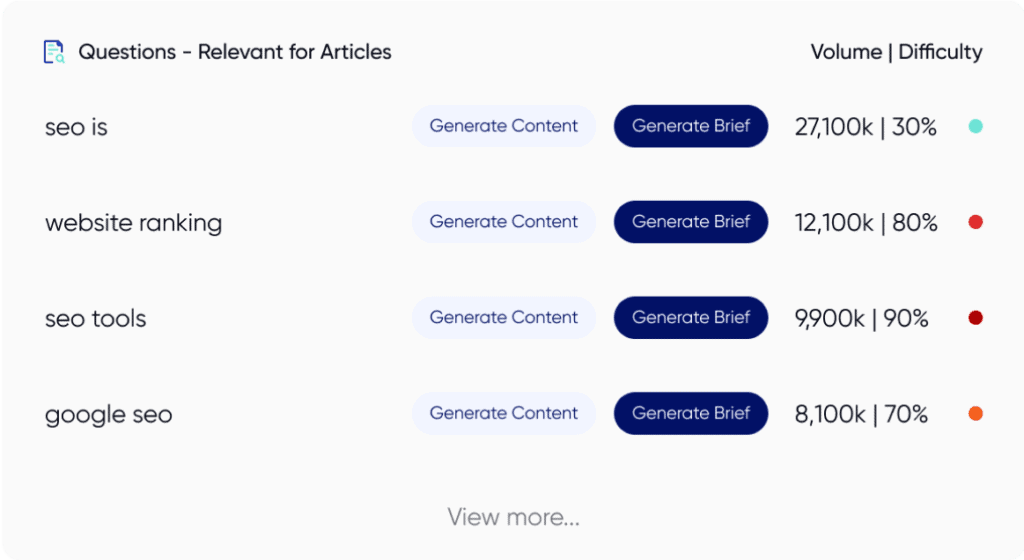In the ever-evolving landscape of digital marketing, content remains king.
However, the way we create, distribute, and optimize content is undergoing a seismic shift.
The future of content marketing is not just about crafting compelling narratives; it’s about leveraging the power of automation to enhance efficiency, personalization, and engagement.
The Rise of Automated Content Creation
The advent of artificial intelligence (AI) and machine learning (ML) has given rise to tools that can generate content at scale.
Between 2021 and 2023, the global marketing automation industry revenue surged by an estimated 22%, reaching $5.86 billion U.S. dollars.
Forecasts predict that this figure will more than double by 2030, surpassing $13.7 billion
From AI-powered writing assistants to data-driven content curation platforms, automation is enabling marketers to produce high-quality content more quickly than ever before.
This doesn’t mean the human touch is no longer needed. Instead, automation frees up creative minds to focus on strategy and storytelling, while the repetitive tasks are handled by algorithms.
Personalization at Scale
One of the most significant advantages of automation in content marketing is the ability to personalize content for diverse audiences.
79% of marketers automate their customer journey, with varying levels of automation: fully automated (10%), mostly automated (25%), and part automated (44%).
Only 21% do not automate their customer journey at all
Automated systems can analyze data to understand consumer behavior and preferences, allowing for the creation of tailored content that resonates with each segment of the audience.
This level of personalization was once a resource-intensive task, but automation makes it achievable for businesses of all sizes.
Streamlining Distribution and Optimization
Content distribution is another area where automation is making a big impact.
Automated scheduling tools ensure that content reaches the right audience at the right time across multiple channels.
91% of organizations state that demand for automation is increasing
Moreover, AI-driven analytics tools provide real-time insights into content performance, enabling marketers to quickly adjust their strategies for maximum impact.
Challenges and Considerations
While automation presents numerous opportunities, it also comes with challenges.
There is a fine balance between leveraging technology and maintaining authenticity in your brand’s voice.
Marketers must ensure that automated content aligns with their brand values and messaging.
Additionally, with the increasing use of automation, standing out in a crowded digital space requires a unique and human-centric approach to content creation.
How can businesses ensure the ethical use of AI in content marketing?
Ensuring the ethical use of AI in content marketing is crucial for maintaining consumer trust and upholding brand integrity.
86% of marketing and communications professionals have incorporated marketing automation into their daily routines, demonstrating its widespread adoption
Here are some strategies businesses can adopt:
Transparency Businesses should be open about their use of AI, providing clear information on how content is generated and personalized. This includes disclosing the use of AI tools for content creation and data analysis.
Data Privacy Respecting user privacy is paramount. Companies must adhere to data protection regulations, such as GDPR, and ensure that personal data is used responsibly and with consent.
Bias Prevention AI systems can inadvertently perpetuate biases. It’s essential to train AI models on diverse data sets and regularly audit them for bias. This helps ensure that content is fair and does not discriminate against any group.
Quality Control While AI can produce content, human oversight is necessary to ensure that the output aligns with the brand’s voice and values. Regular reviews and edits by human marketers can maintain content quality and relevance.
Responsible AI Practices Adopting AI ethics guidelines and responsible AI practices can guide businesses in the right direction. This includes developing AI in a way that is fair, accountable, and devoid of harmful impacts.
Continuous Learning The field of AI is constantly evolving. Businesses should stay informed about the latest developments in AI ethics and adjust their practices accordingly.
Implementing these measures will allow businesses to leverage AI in content marketing ethically, ensuring that they deliver value to their customers while respecting their rights and societal norms.
Content automation tools that can help Small Businesses streamline their content:
- Konvart: This is an all-in-one SEO tool designed to automate various aspects of content marketing, from keyword research to content creation.
It offers features like AI-driven copywriting, content writing, and brief generation to streamline the process of producing SEO-optimized articles and web content.
Konvart targets a range of users including scale-ups, agencies, content writers, marketing teams, SEO specialists, and sole entrepreneurs. It focuses on simplifying SEO tasks to enhance productivity and effectiveness in content strategy. - Jasper AI: This AI-powered writing automation tool helps create engaging and original content with minimal effort. It uses advanced machine learning to generate natural-sounding text for blog posts, social media updates, and more.
- ChatGPT: While not exclusively a content automation tool, ChatGPT can assist with research and information gathering, making it useful for content creators.
- CopyAI: CopyAI is a copywriting automation tool that generates persuasive and relevant content. It’s particularly helpful for crafting compelling headlines and product descriptions.
The tool you will use will depend on your specific needs, If you are a small business owner Konvart is the best tool for you as it is a tool that focuses on simplifying SEO tasks to enhance productivity and effectiveness in content strategy for small businesses.
So feel free to explore and check it out and sign up for the 7-day free trial.
How to choose the best content automation tool for your small business?
Choosing the best content automation tool for your business involves several steps to ensure that the tool aligns with your specific needs and goals. Here’s a guide to help you make an informed decision:
- Assess Your Needs: Identify the aspects of content marketing you want to automate—be it content creation, distribution, or analytics. Understand the scope and scale of your content strategy.
- Feature Set: Look for tools that offer the features you need. If you’re focusing on social media, you might want scheduling and analytics features. For email marketing, look for segmentation and personalization capabilities.
- Ease of Use: The tool should have an intuitive interface and be user-friendly. It’s important that your team can quickly learn and efficiently use the tool.
- Integration: Check if the tool can integrate seamlessly with other software you’re using, such as CRM systems, analytics tools, or content management systems.
- Scalability: Consider whether the tool can accommodate your business’s growth. It should be able to handle increased workloads without a drop in performance.
- Support and Training: Good customer support and training resources are essential. This ensures that you can get help when needed and make the most of the tool.
- Compliance and Security: Ensure that the tool complies with relevant data protection regulations and has robust security measures to protect your data.
- Cost: Evaluate the pricing structure of the tool. It should fit within your budget while providing good value for the features and benefits it offers.
- Trial Period: If possible, opt for a tool that offers a free trial. This allows you to test the tool’s capabilities and see if it fits well with your workflow.
- Reviews and References: Look for reviews, case studies, or testimonials from other users, especially those in a similar industry or with similar needs.



